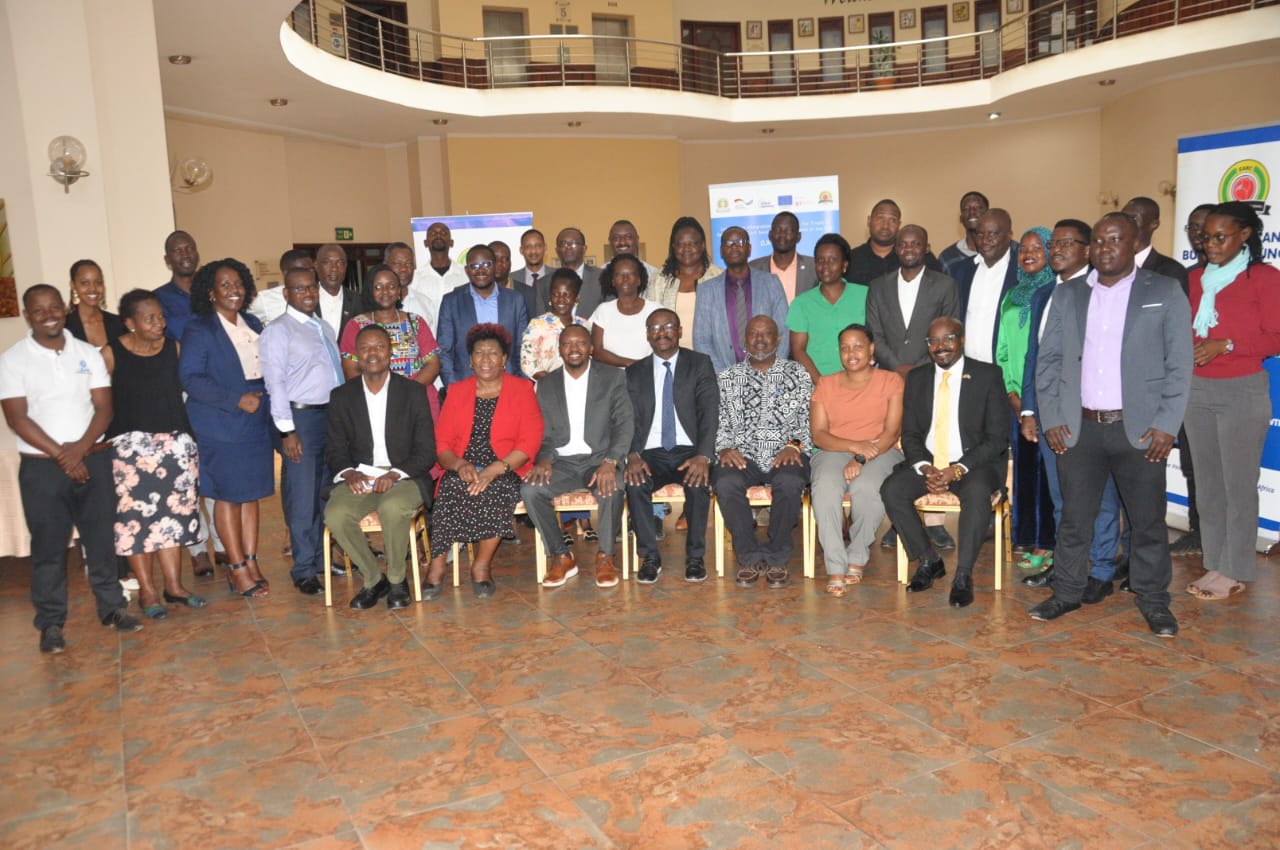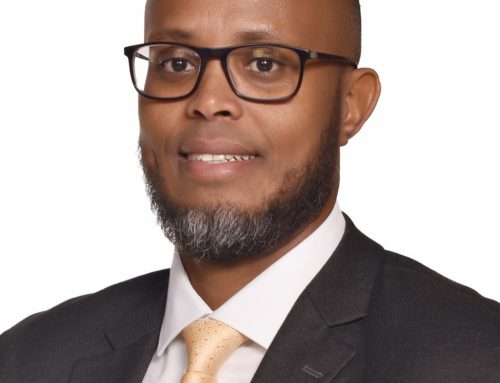- EABC–EU–GIZ LIFTED Project Kicks Off Capacity Building on Export of Services in Uganda
Kampala, Uganda, 2nd October 2025 – Speaking during the Capacity Building Workshop on Trade in Services, Mr. Simon Kaheru, EABC Vice Chairman, called for the elimination of restrictions on services trade and the expedited adoption of the Mutual Recognition of Academic and Professional Qualifications as well as the harmonization of regulatory frameworks in the EAC region.
The capacity building workshop was organized by the East African Business Council (EABC) in partnership with the European Union (EU) and GIZ, under the Leveraging Integration Frameworks for Trade in Services (LIFTED) Project. The workshop convened 50 Uganda-based export-ready companies in the services sector.
Mr. Kaheru also urged stronger support for SMEs, women, and youth in services trade.
“The future of East Africa’s prosperity depends on our ability to trade more with each other and the world,” said Mr. Simon Kaheru. The two-day training aims to strengthen the export readiness of service sector firms, with a particular focus on SMEs, women-led, and youth-led enterprises.
In his opening address, Mr. Adrian Njau, Acting Executive Director of EABC, emphasized the critical role of services in the region’s economies.
“Services—including ICT, tourism, transport, finance, education, and professional services—are the backbone of East Africa’s economies, contributing significantly to GDP, job creation, and innovation,” he said. Mr. Njau noted that despite this, SMEs and women- and youth-led businesses still face barriers in accessing service export markets.
“Fragmented regulations, slow recognition of qualifications, limited financing, and information gaps hinder their competitiveness. This workshop is an investment in people—our entrepreneurs, our youth, and our women,” he added.
Mr. Lamech Wesonga, Economic Policy Advisor on AfCFTA for EAC-GIZ, commended EABC for its efforts in advancing private sector interests and for partnering with GIZ to address trade-related restrictions on the free movement of services and service providers. He highlighted that profiled firms will also receive one-on-one coaching on rules, regulations, and business concepts for service exports, as well as support in developing export strategies. Selected firms will be linked to EU counterparts in a match-making session scheduled for early 2026.
Representing the Private Sector Foundation Uganda (PSFU), Ms. Florence Mambea, Outreach Manager, stressed the importance of cultivating a culture of professional service delivery and compliance with export market regulations and standards.
“To ensure sustainability of service provision, companies must remain consistent, professional, and accountable to their brand,” she said.
The EU–GIZ LIFTED Project seeks to empower at least 200 export-ready companies across four EAC Partner States, equipping them with knowledge, strategies, and networks to thrive in regional and global markets, including under the African Continental Free Trade Area (AfCFTA).
All leaders called on policymakers to translate commitments into action and to enhance collaboration among governments, regulators, private sector associations, and development partners to unlock the full potential of services trade.
“The free movement of services is not just a clause in the Common Market Protocol—it is a promise to our entrepreneurs, a driver of jobs for our youth, and a pathway to prosperity for East Africa,” concluded Mr. Adrian Njau.


